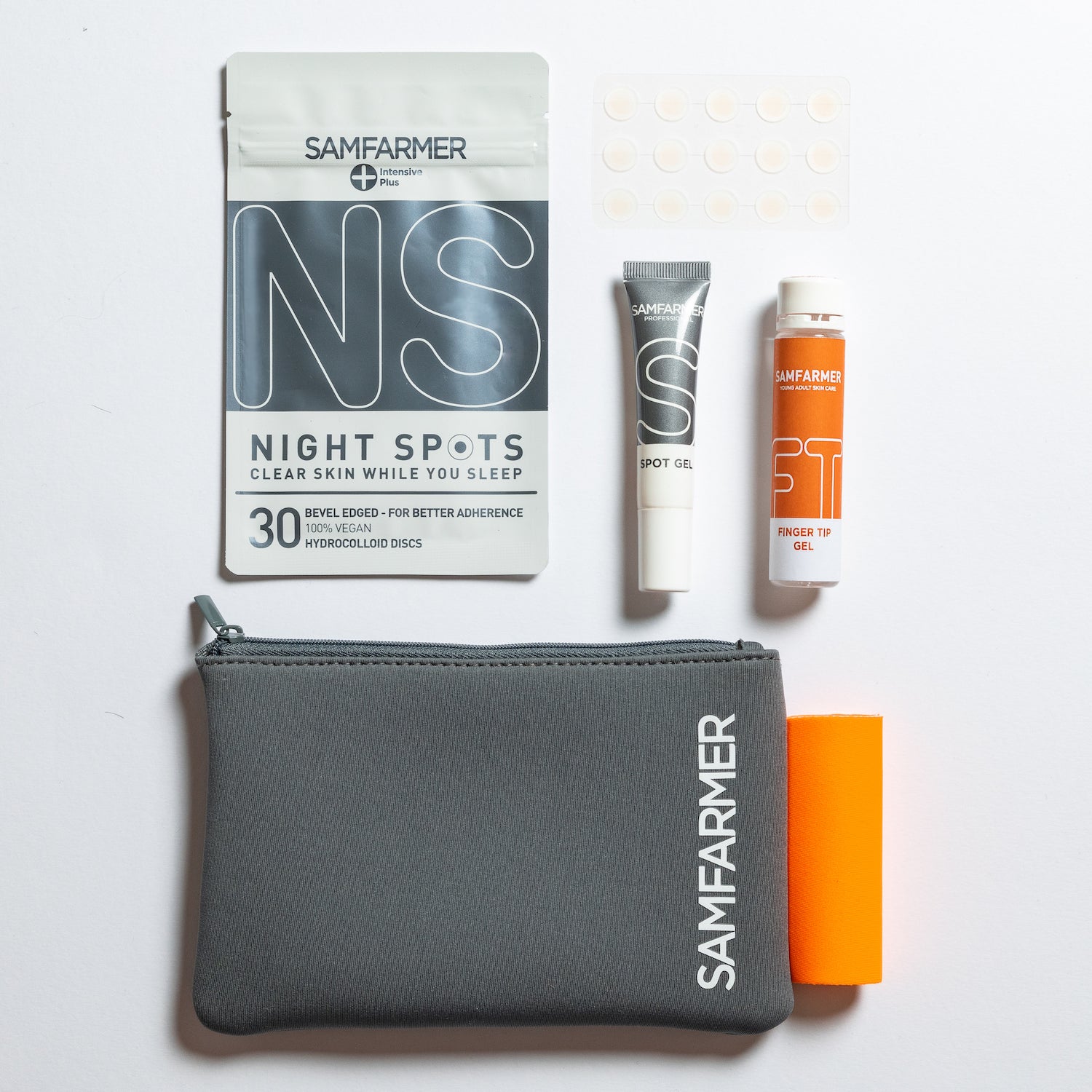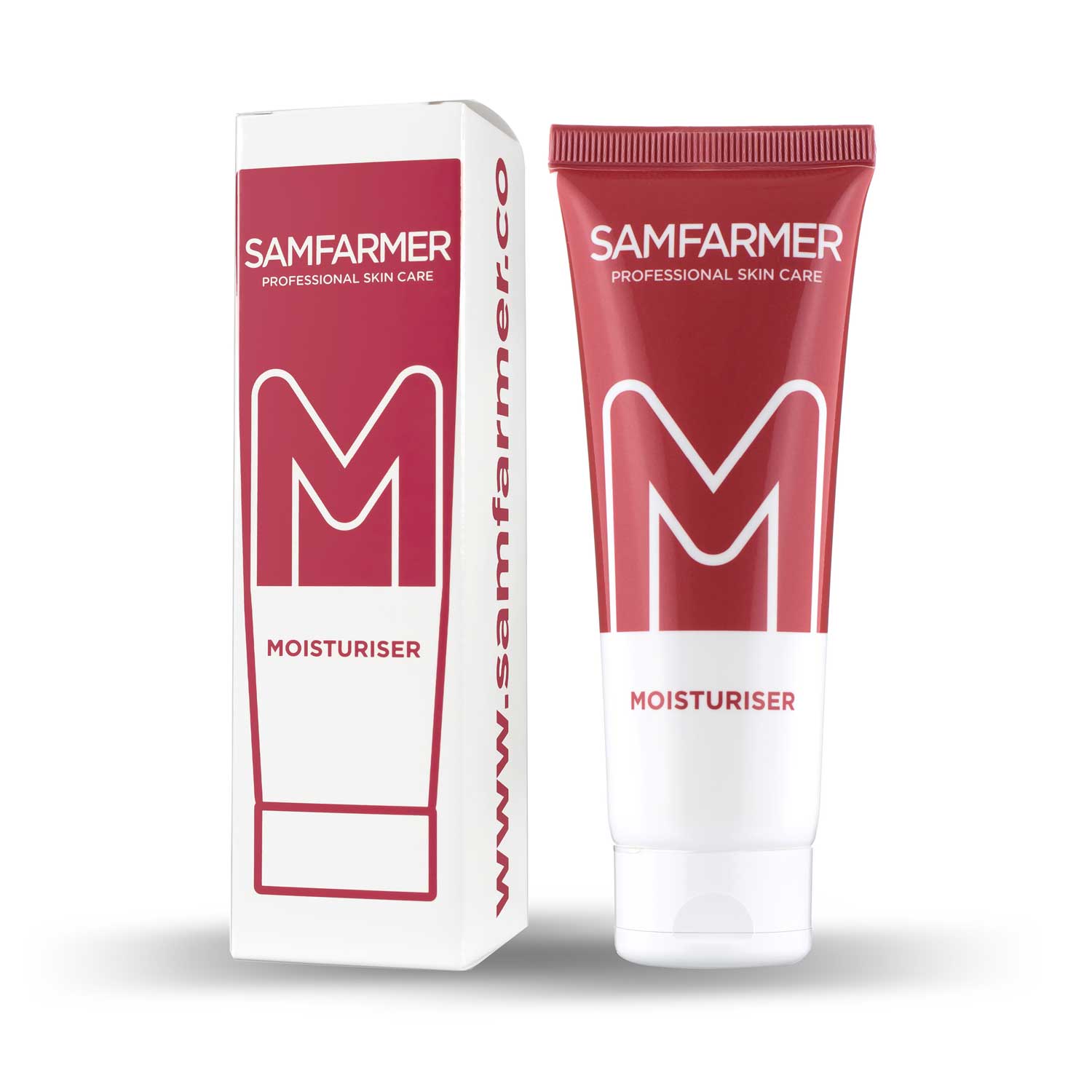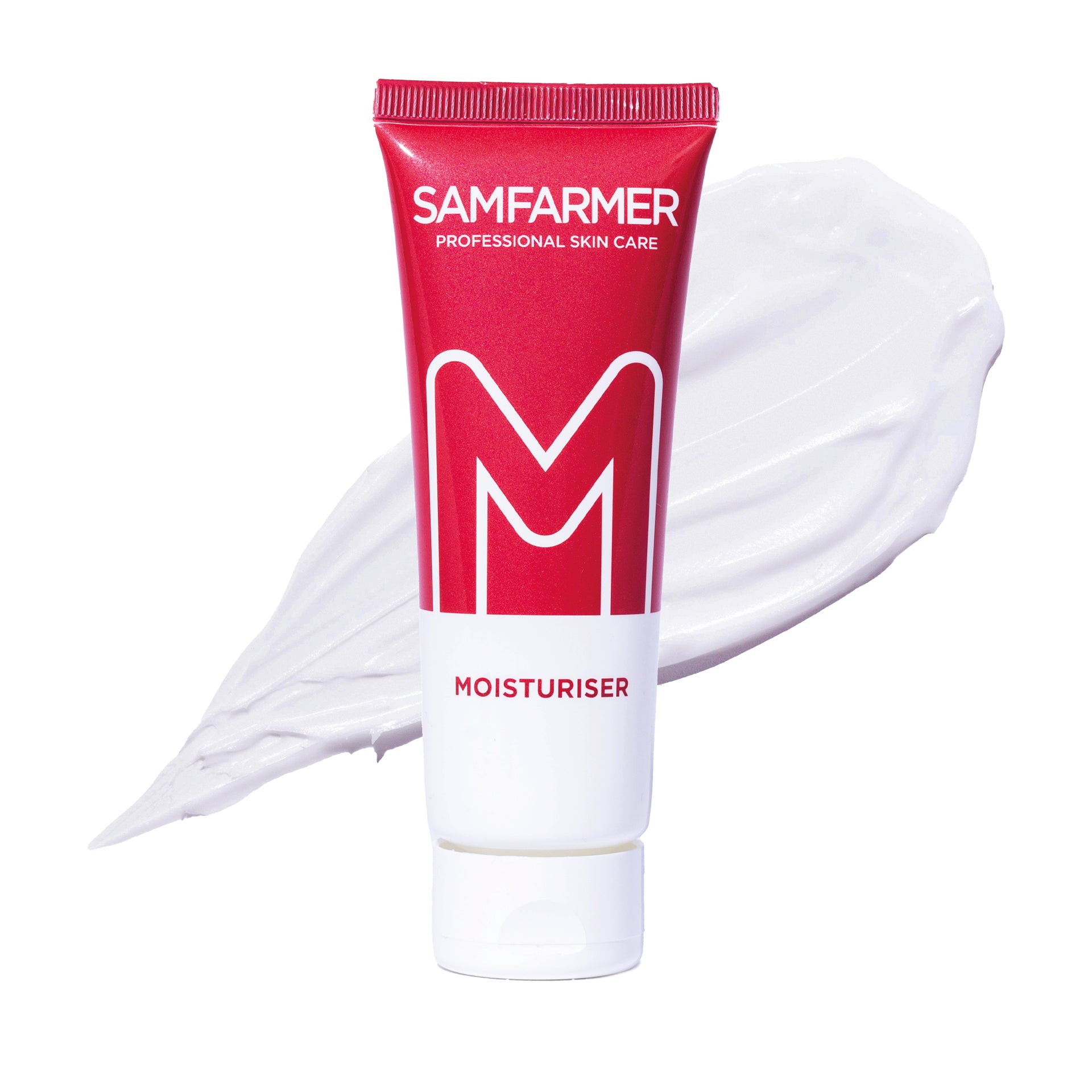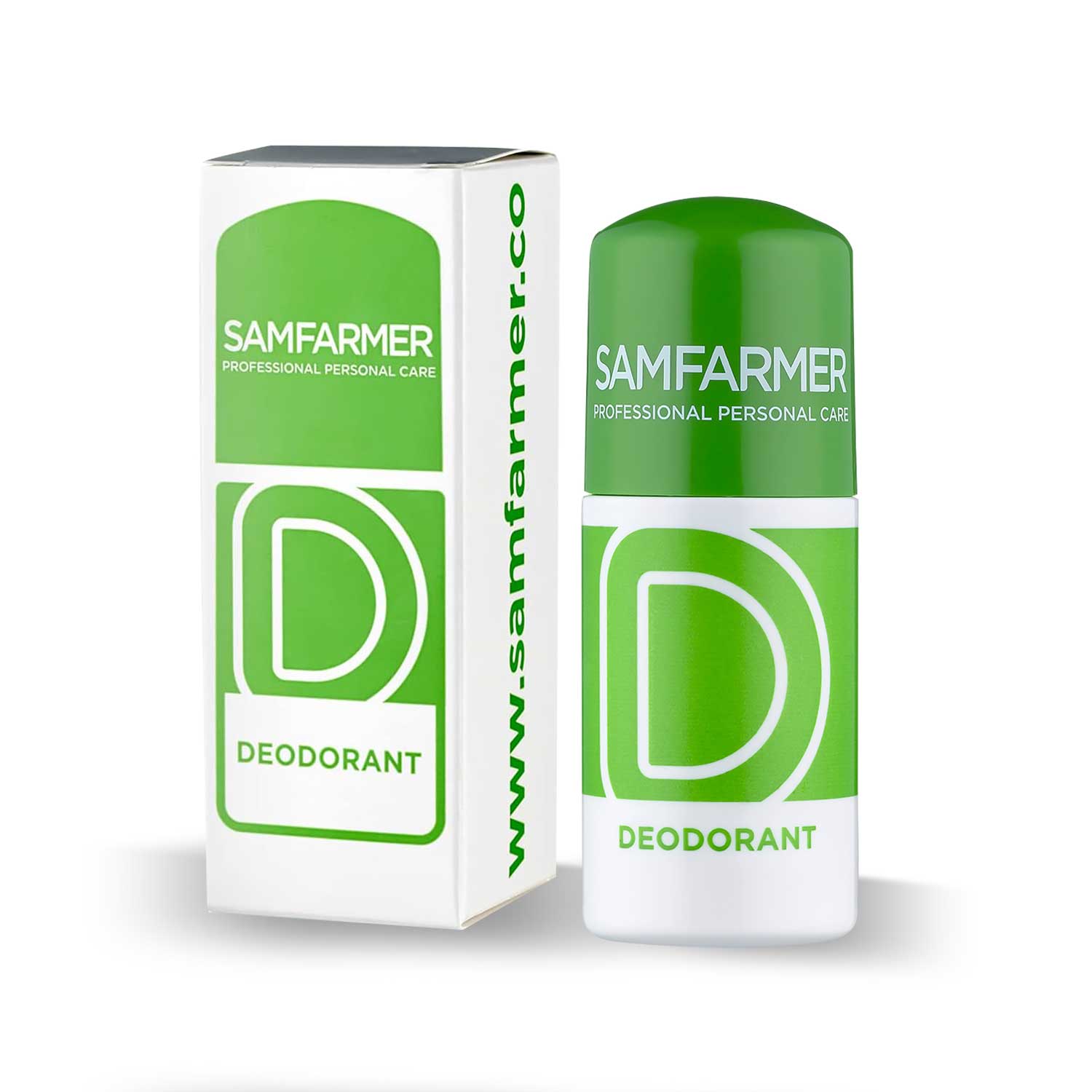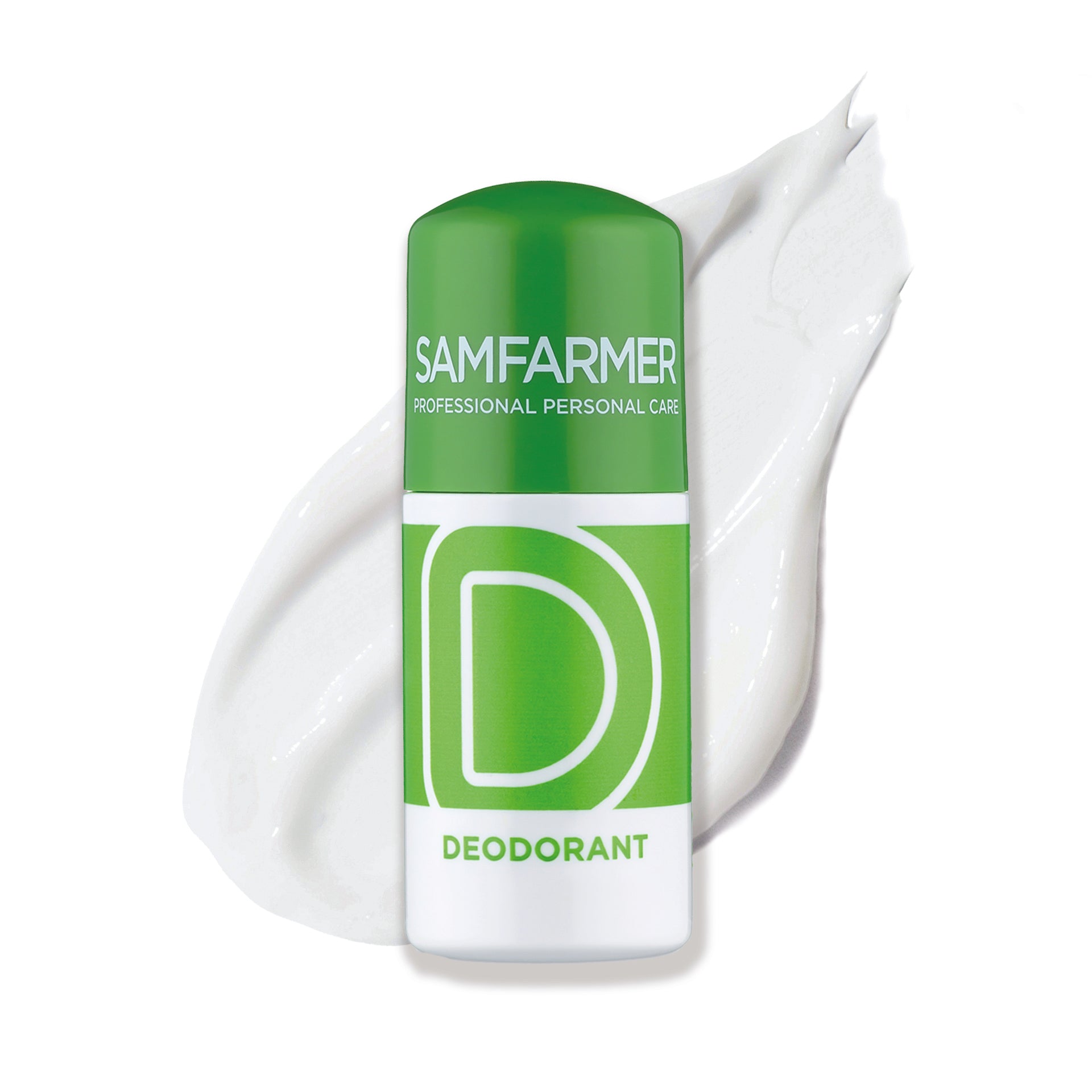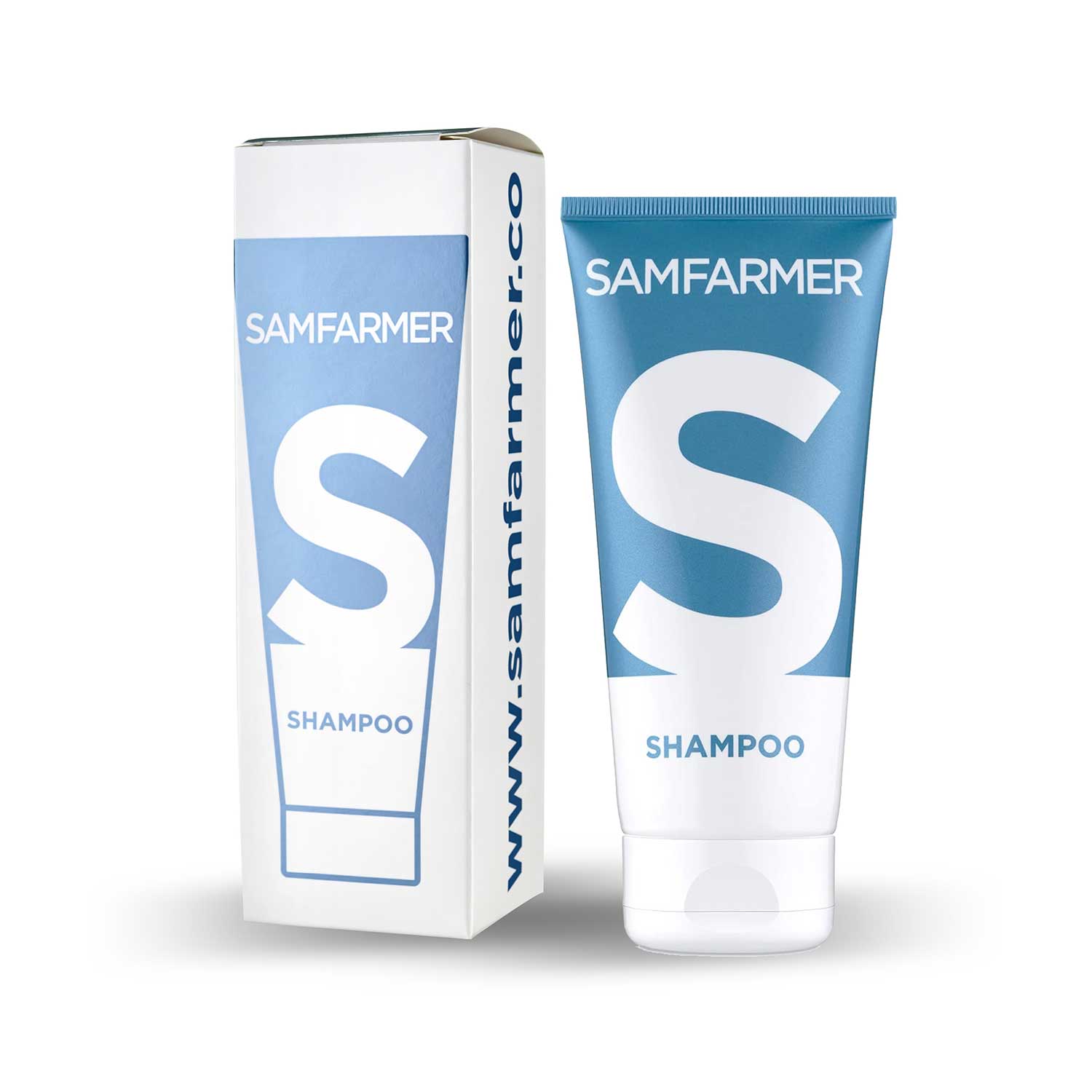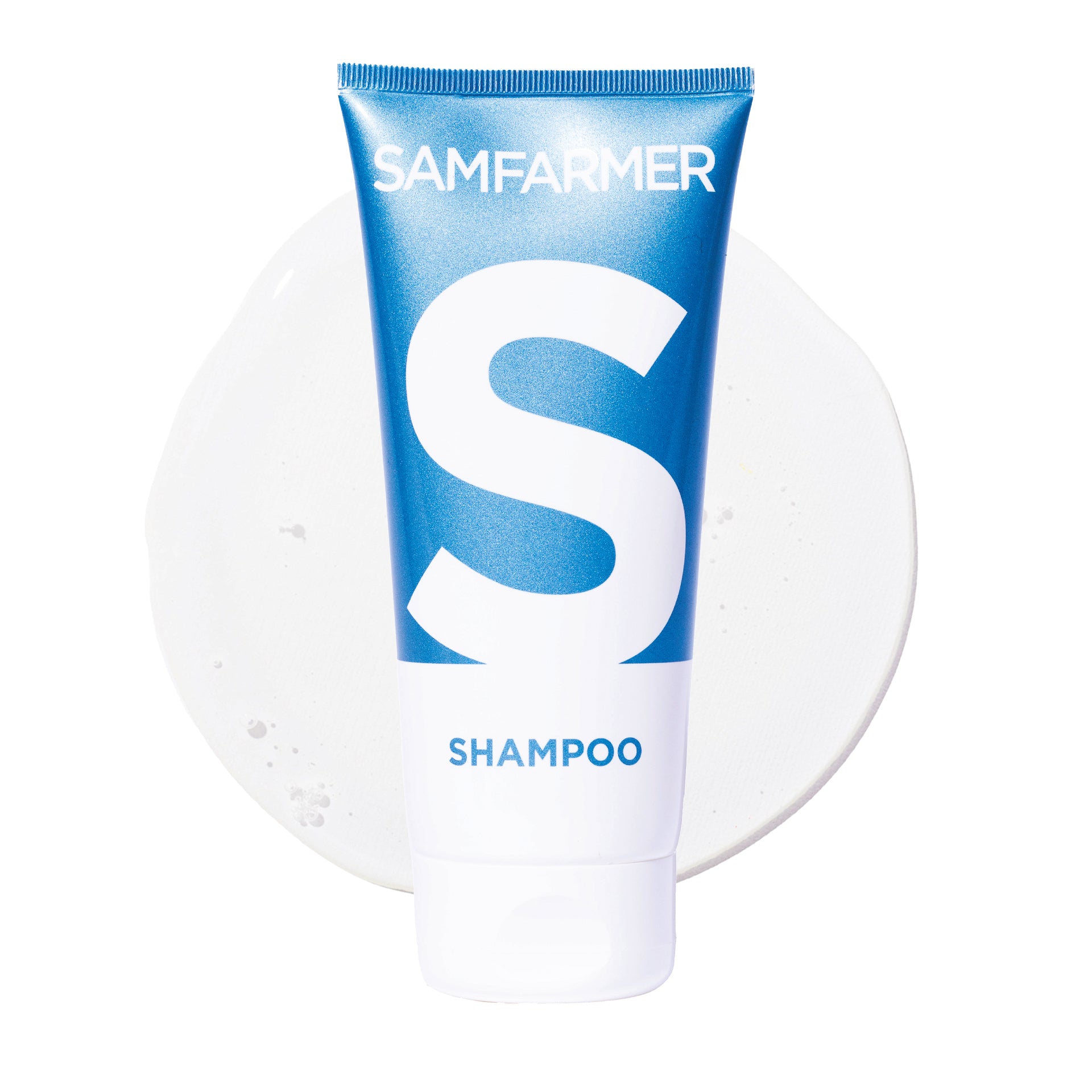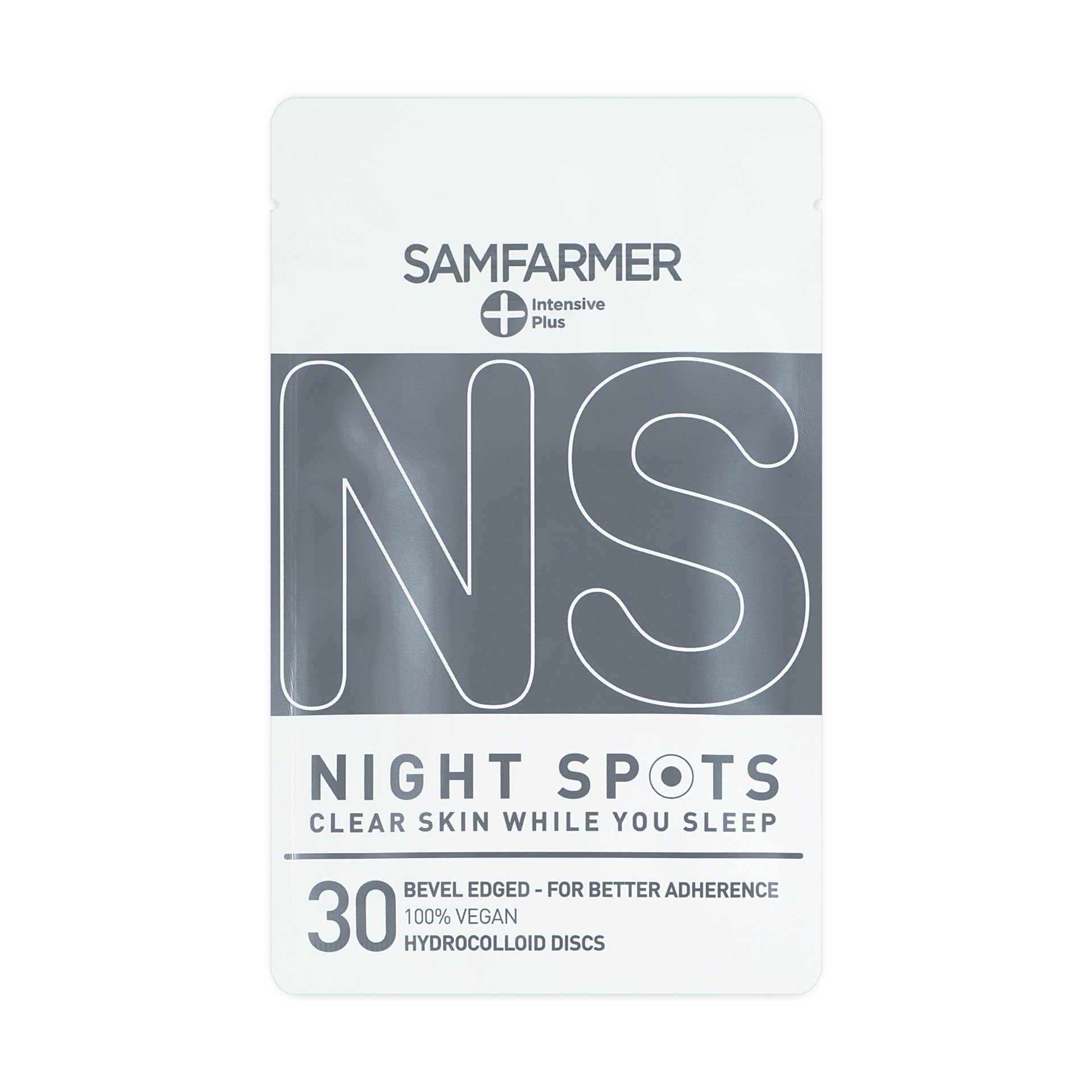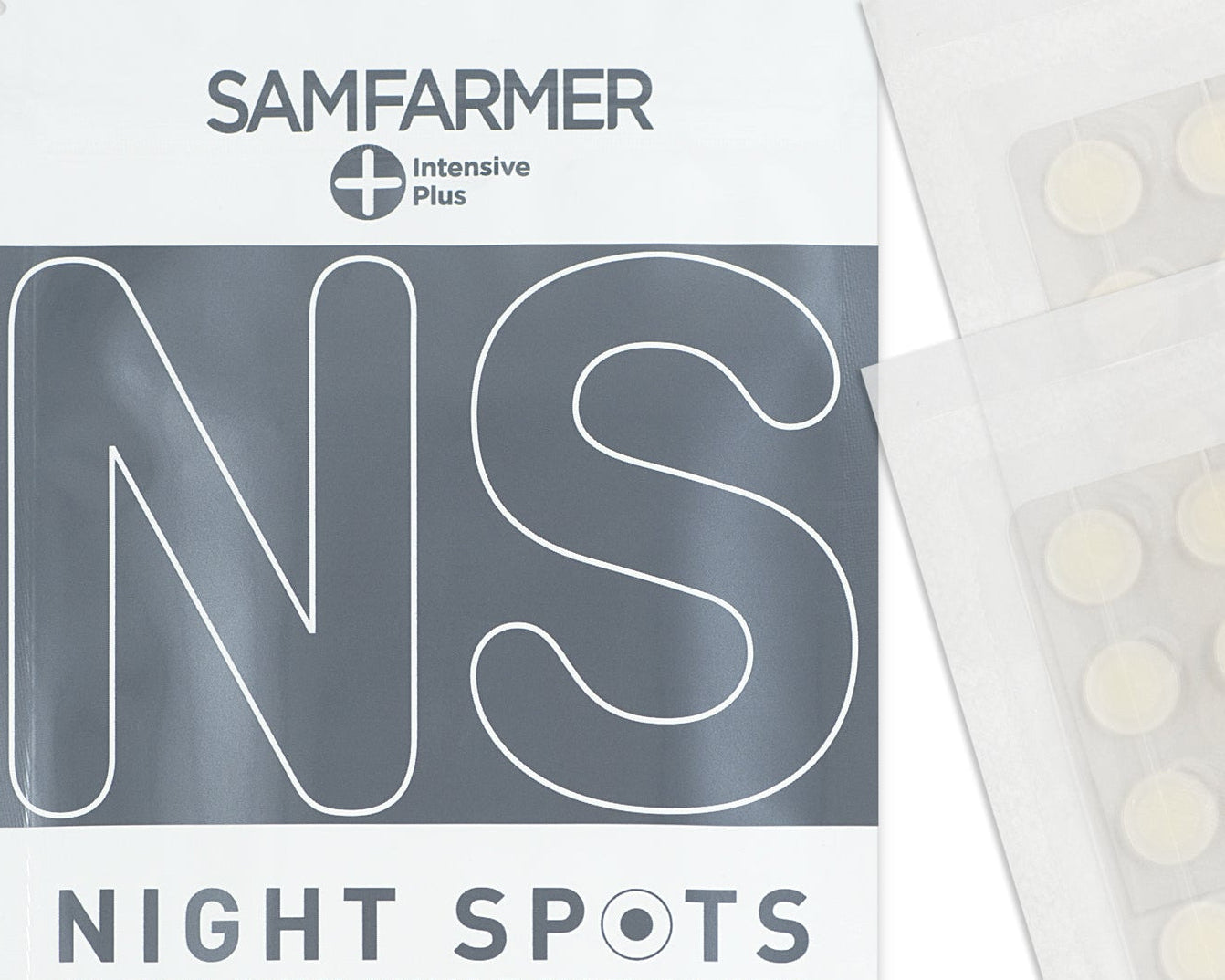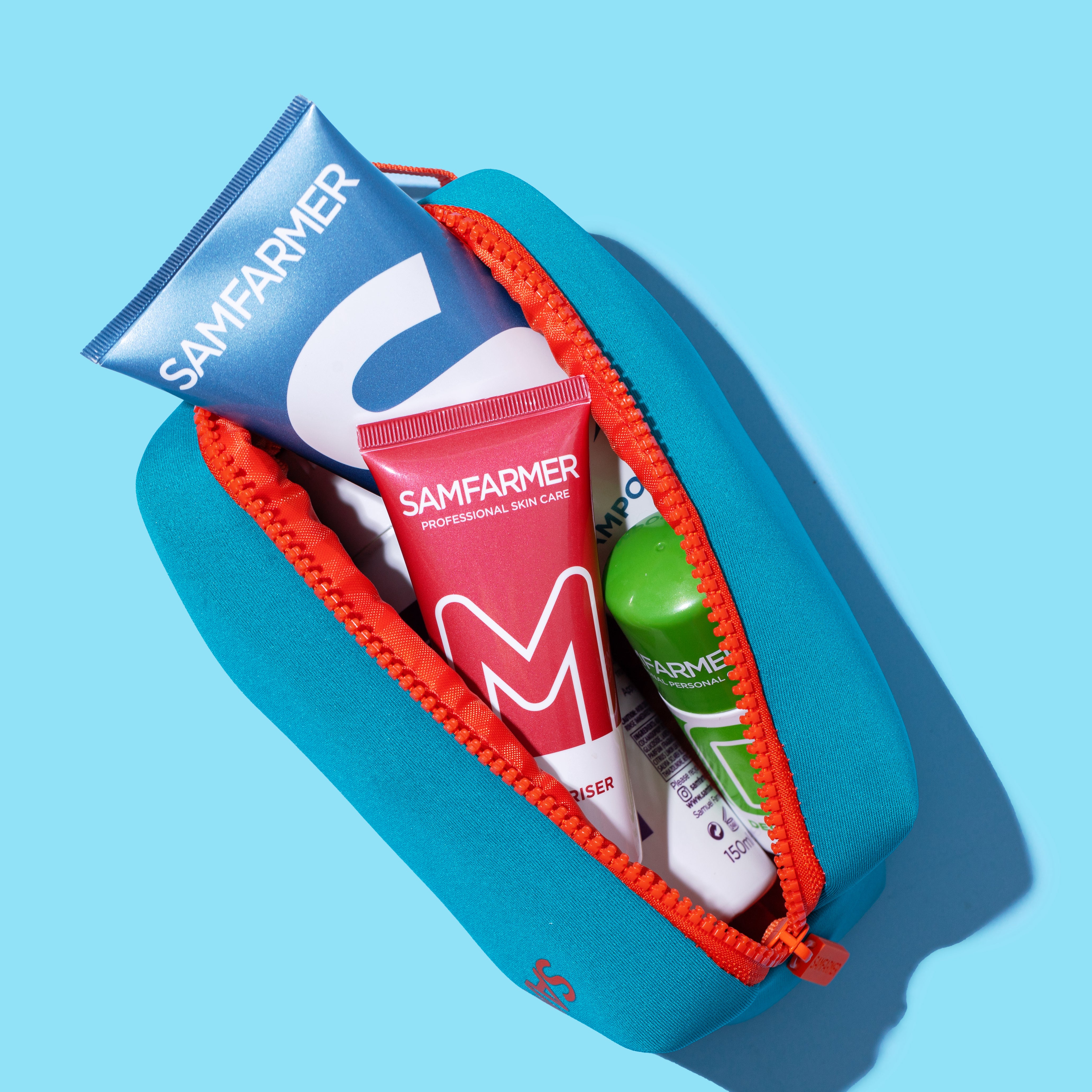
Acne and breakouts are very common skin problems that will affect most teenagers and young adults at some point. When these breakouts occur it can be frustrating and, more often than not, affect your self-confidence.
If your parents had acne there is a strong possibility that due to genetics, you will also experience acne to some extent. However, the good news is that there are many ways to help prevent and perhaps even reduce acne and breakouts.
In this blog post, we'll cover some tips and advice to help you keep your skin clear and healthy. And if you need some advice on starting a skincare routine, visit our previous blog post, The Teen-Friendly Guide to Starting a Skincare Routine.
1 Keep your skin clean
One of the most important things you can do to prevent acne and breakouts is to keep your skin clean. Wash your face with a gentle cleanser every day, if possible. There’s no rule about whether it should be in the morning or the evening but it makes sense to cleanse in the evening because we touch our faces hundreds of times in a 24 hour period and just think about what you get up to throughout the day.
Make sure to remove all makeup and dirt from your skin. I'd suggest avoiding scrubs or exfoliants as they can, in some instances, irritate your skin and make acne worse.
2 Use a Moisturiser
Moisturising the skin is one of the most important parts of keeping your skin healthy and in good condition. The moisture content of the skin can determine the effectiveness of your skin barrier.
It’s absolutely essential to apply a moisturiser after cleansing your face. This is because the very action of cleansing disrupts the lipid content of the skin and if it’s not replaced, can cause more issues as the skin cells try to overcompensate for this moisture loss.
3 Avoid touching your face
Your hands are full of bacteria and oil that can transfer to your face and cause breakouts. Avoid touching your face as much as possible, especially if you haven't washed your hands. This is very difficult and in reality, almost impossible to do but just be aware each time you touch your face and keep washing your hands throughout the day.

4 Improve your diet
Recent scientific research is now showing some evidence that diet can also affect your skin. Try to eat a balanced diet and avoid eating too much sugar, fried food, and processed snacks. Give those energy drinks a break and if you do have them choose the sugar free smaller cans.
5 Get enough sleep
Sleep is essential for your overall health, including your skin. When you don't get enough sleep, your body produces more stress hormones, which can trigger acne and breakouts.
Aim for at least 8 hours of sleep per night to keep your skin healthy. With mobile phones and school or university workloads this can be difficult. If you struggle with sleep, try getting to sleep before midnight at the latest. Listening to audiobooks can sometimes help as can stretching with controlled breathing before bed.
Change your pillow case at least once a week.
6 Exercise regularly
You’ve heard it before, all the time probably but there’s a reason why. Exercise is good for your body and your skin. When you exercise, you increase blood flow to your skin, which can help prevent acne and breakouts.
Make sure to shower and wash your face (as well as your back and chest) after exercising, as sweat and oil can clog your pores.

7 Try not to pick your skin
Picking your skin can make acne and breakouts worse. It can also cause scarring and inflammation. If you have a pimple, resist the urge to pick at it. Instead, try using a spot gel or, if you have severe acne, talk to a dermatologist about medicinal treatment options. Hydrocolloid patches are also extremely useful and work well in protecting spots from being picked.
There are so many brands all clambering for your attention, most claiming they are the solution to your problem. However, no one product will suit everybody, that’s why there are so many formulations out there.
8 Find products that work for you

Once you have found a product that works for you, stick with it. However, your skin needs may change over time and you’ll know when it’s time to move on.
There are many things you can do to prevent and reduce acne and breakouts. Keeping your skin clean, a healthy diet, exercise, getting enough sleep and avoiding picking your skin are all important.
Essentially, washing your face and moisturising are the most important. If you're still struggling with acne, talk to a dermatologist about other treatment options.
Remember, healthy skin starts with you, take charge of your skin care and commit to look after yourself every day. It's not easy when you have so many other pressures in your daily life but it's worth it.


